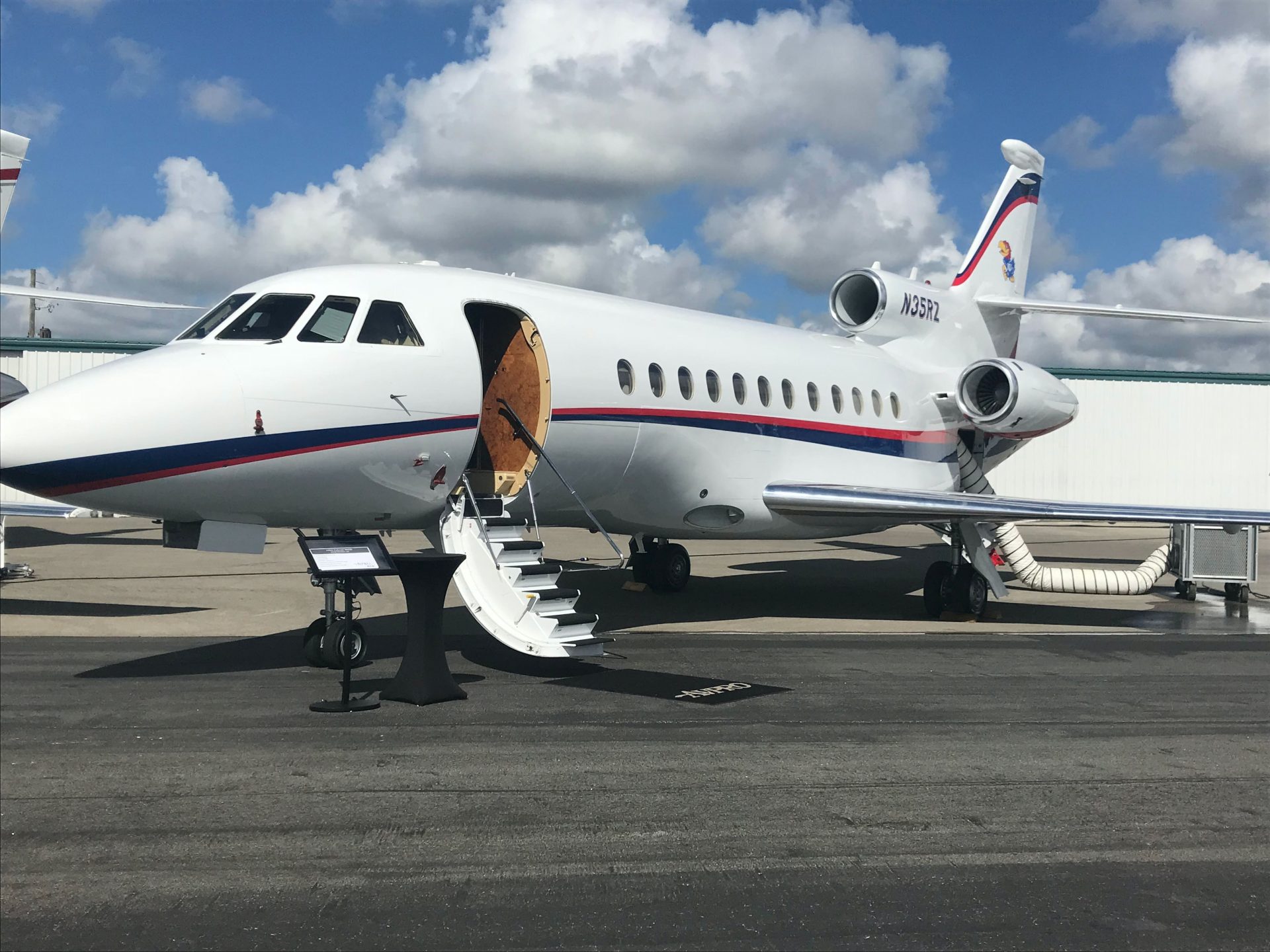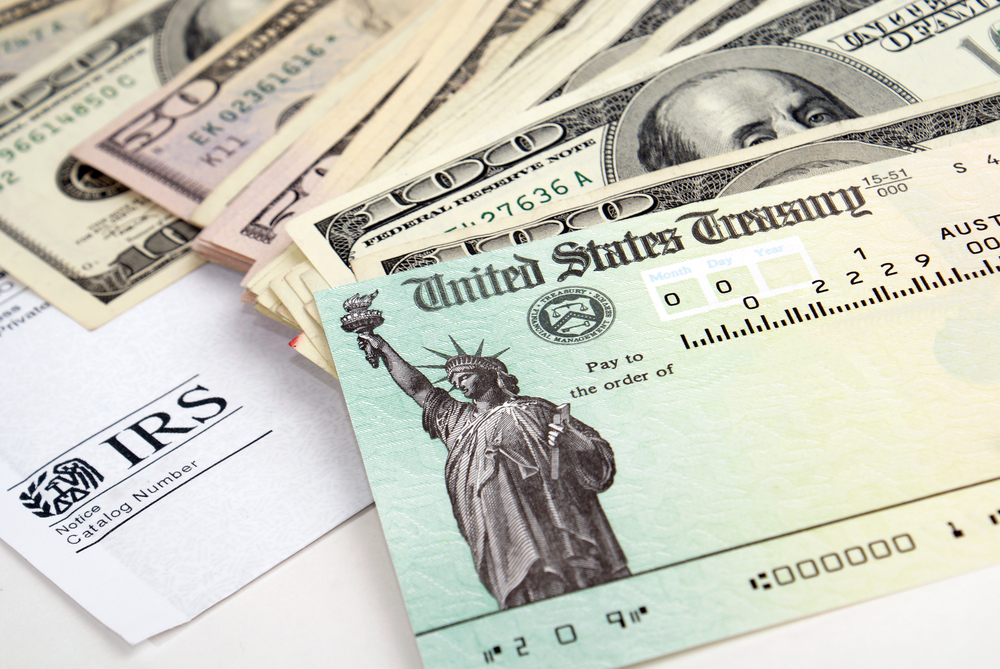Think fast, act faster: The 100% bonus depreciation tax advantage for purchasing aircraft is almost at an end.
For the last five years, businesses have been able to use bonus depreciation to expense 100 percent of qualified property, including big-ticket purchases like business aircraft. At the start of the new year, bonus depreciation will begin to phase out, going from 100 percent to 80 percent and dropping by 20 percent every year after until it reaches zero. Since the Pandemic started, many business owners have purchased private business aircraft to supplement their business travel needs.
For business owners that are considering pulling the trigger on a business aircraft, now is an opportune time to take advantage of bonus depreciation to expense up to 100 percent of the cost. Aviation related expenses are limited to the extent the aircraft is utilized for business use and not personal use, so maximizing business use in the first year is strongly advised. However, making a substantial purchase of this magnitude is more complicated than buying a truck or copy machine, and often the process can become frustrating when it becomes clear that the process does not happen in a couple days or week. It is necessary to have a roadmap in place to help plan out the process and put the legal structure in place to utilize the 100% bonus depreciation tax advantage before it sunsets on December 31, 2022.
As a result of our 40-year legacy, our team has worked closely with numerous clients to assist them throughout the business aircraft acquisition process from start to finish. We provide each client with a strategic, individualized plan that fits their circumstances and goals delivering a sense of security that not every firm can provide. Our aviation practice has helped countless businesses navigate the bonus depreciation process with a three-step process:
- The first priority is to determine whether a purchase of this size meets the economic and convenience viability of the business. Factors to consider include not only the initial purchase price, but also sales and use tax considerations and mitigation planning as well as annual service and maintenance costs.
- Second, ensure that entity legal structure and aircraft utilization meets IRS standards and FAA regulations and to also ensure the aircraft is a qualified asset for bonus depreciation. This requires completing several due diligence action items with a qualified aviation tax CPA as well as an aviation attorney.
- Third, it’s necessary to sit down with your legal counsel to execute the drafting of all the legal documents to support the appropriate legal structure and purchase the plane before the end of the year.
- Lastly, it is important to review and plan out the aviation usage to ensure the proper balance between convenience and maximizing all related tax deductions.
Please consult appropriate tax and legal advisors
The purchase of an aircraft is an undoubtedly significant business decision that requires thought and preparation as well as expertise knowledge of this niche section of law and taxation. Working with a trusted aviation tax advisor can alleviate any concerns or unknowns, and your advisor can walk through the checklist with you to make sure you’re taking all the necessary steps toward buying an aircraft.
=====
This article was compiled by the Bennett Thrasher CPAs Aviation Practice.
Thanks for reading CPA Practice Advisor!
Subscribe Already registered? Log In
Need more information? Read the FAQs
Tags: Income Taxes, IRS, Taxes




